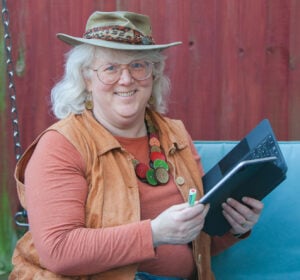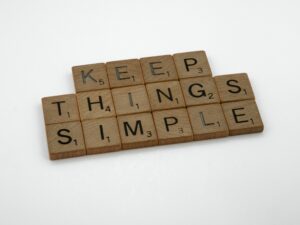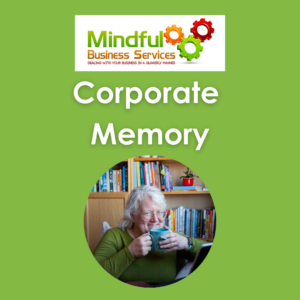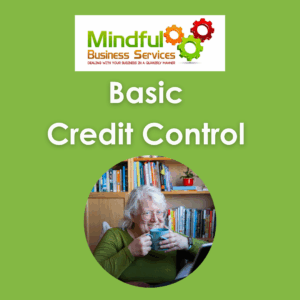What is Good Governance?
Governance is the process of decision-making and the process by which those decisions are implemented or not. Governance is used in a range of contexts from international law, the running of countries down to the most local level. In each context there will be a range of people or organisations involved with that decision – both informally and formally.

Who gets to decide if it's good?
Stephen Covey talked about a habit of mutual benefit, and said it was important to aim for a win-win scenario whenever possible.
You should have a clear set of goals or statements laid out to measure against. For a charity that will be the charitable purpose, but may also include other corporate statements or documents such as a governing document, any Memorandum of Understandings or minutes which have been adopted as corporate guidance.
These might well be referred to in a your annual report, or be found in your publications or on your website.
The United Nations Economic and Social Commission for Asia and the Pacific publication, ‘What is Good Governance‘ is a document I’ve recommended before, but it’s worth relinking! The diagram below is a tweaked version of theirs.

But it's slightly more complicated
If someone is questioning if you’ve made a good decision, than things will usually be complicated. Normally because there are a variety of parties involved, each with their own set of criteria and agendas.
It’s important to create and protect space for everyone to be heard, and to listen carefully to others. During Rachel Brett’s 2012 Swarthmore Lecture, ‘Snakes and Ladders‘ she commented that the trickiest part was designing menus that met everyone’s dietary and cultural requirements, and allowed easy talking during the meal. I’ve kept that in mind whenever I’m dealing with a set of parties that I’m not adding in those complications – and don’t have international diplomacy as part of the context I’m dealing with.
How to be seen to doing 'good' governance
Ensuring that everyone is kept informed and feels they’re able to contribute to the decision making process can be tricky.
You might find sharing the Trustee meeting minutes a sensible starting point for keeping people informed. If your charity has a newsletter or website then adding in brief articles about decisions and goals can be helpful.

Wendrie Heywood
MBS Founder
You might be interested in

Quaker A-Z: H is for “Hope So!”
Wendrie Heywood – MBS Founder & Life Long Quaker Why do Quakers say “Hope so!” rather than “yes”? Or, in these days of Zoom, put thumbs up or nod at the camera? If you’ve attended a Quaker Meeting for Worship for Business you may well have heard these phrases: Clerks: “Is the

Quaker A-Z: K is for Keep it Simple & Sustainable
Photo by Brett Jordan on Unsplash Quakers have testimonies of both simplicity & sustainability. Like all testimonies, both should apply to all aspects of life – including administration!Charities are usually run by volunteers, with occasional paid support for specific jobs. How do you ensure that your systems continue through the

Quaker A-Z: U is for Understanding and Undervalued
This is part of the Quaker Alphabet Project – click here for more information. U is for Understanding From Quaker.org.uk/wardens: Many Quaker meetings appoint wardens, resident Friends, caretakers, managers, other employees or volunteers to manage, or work in meeting house premises and grounds. The nature of these roles varies according







